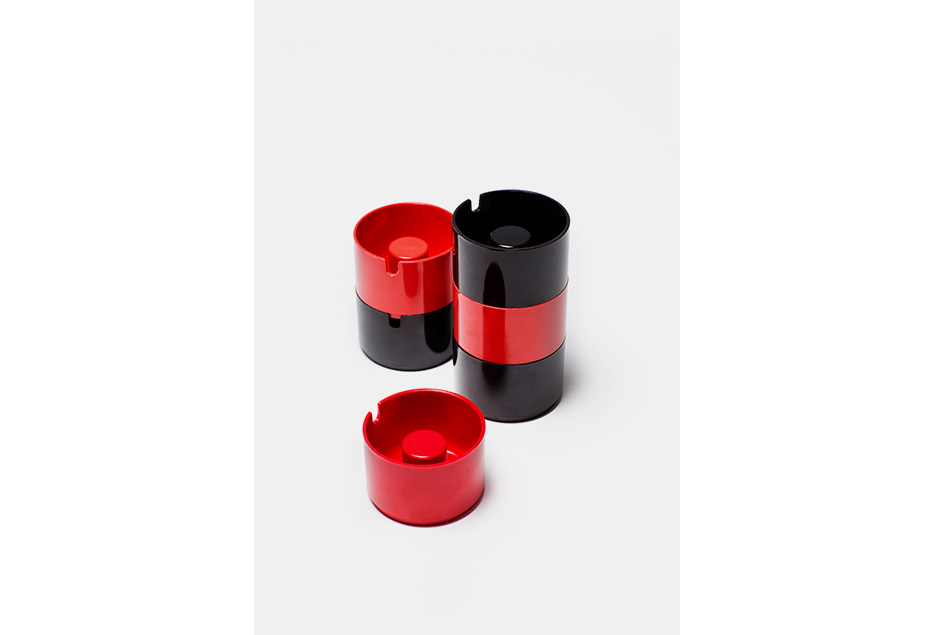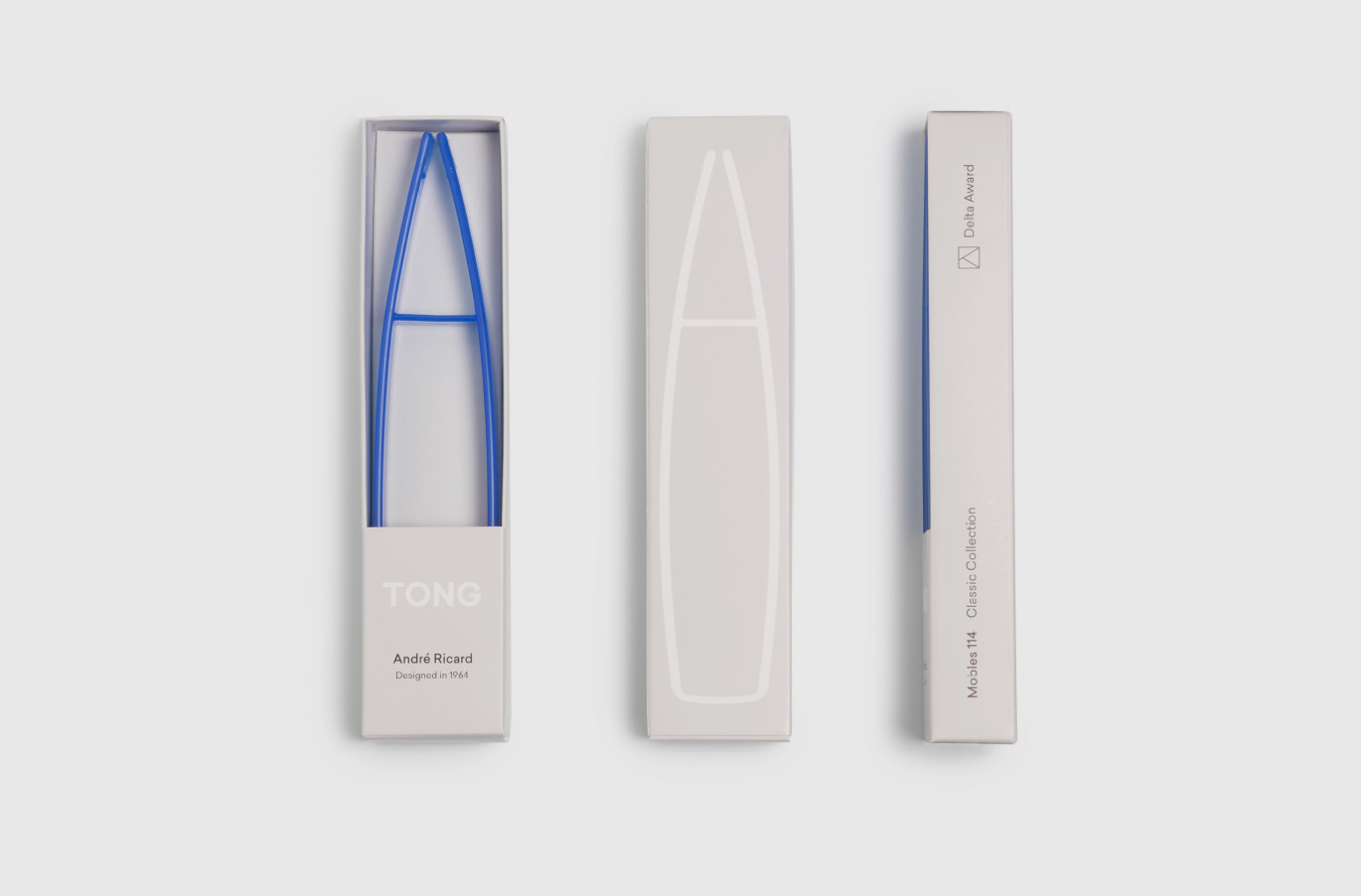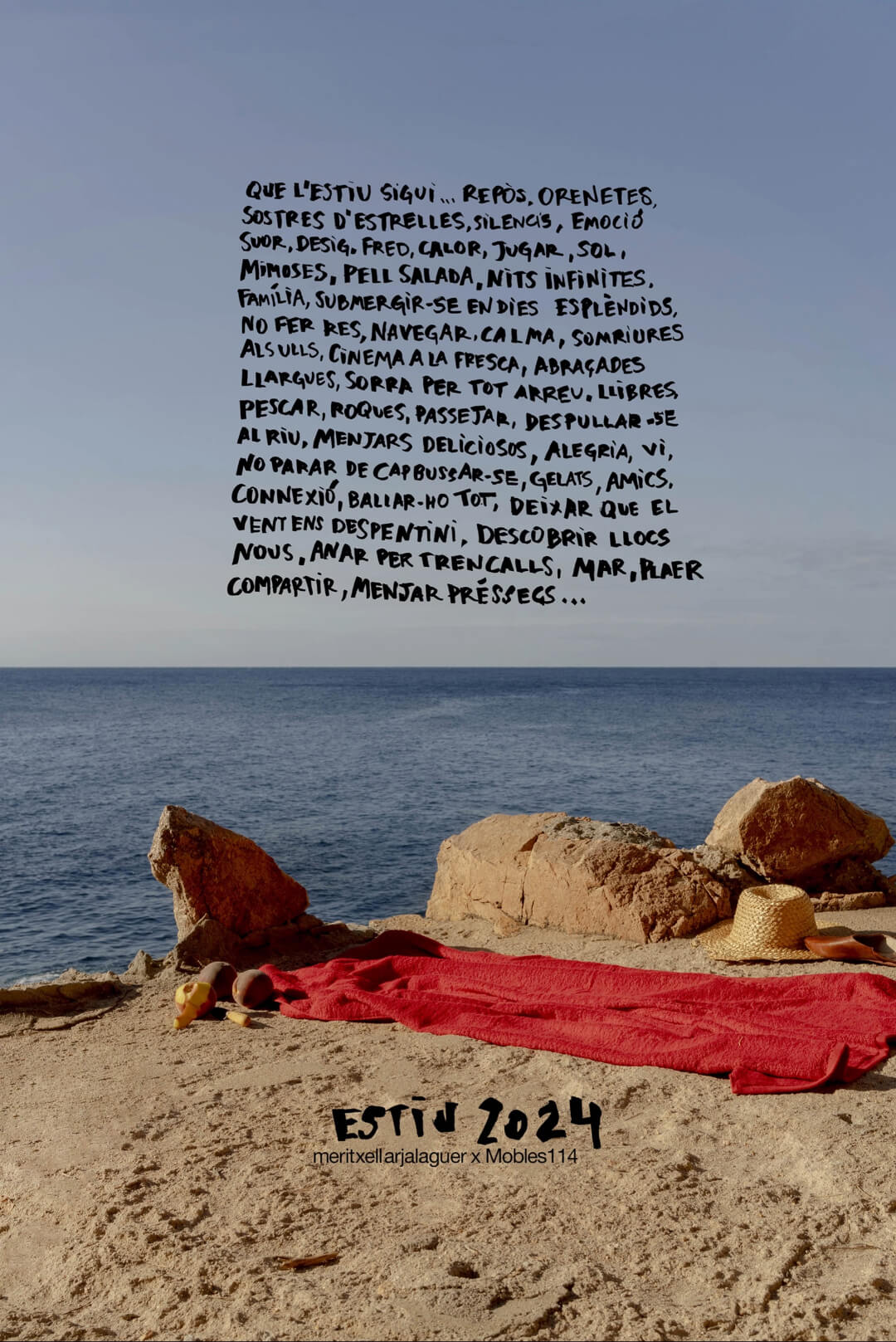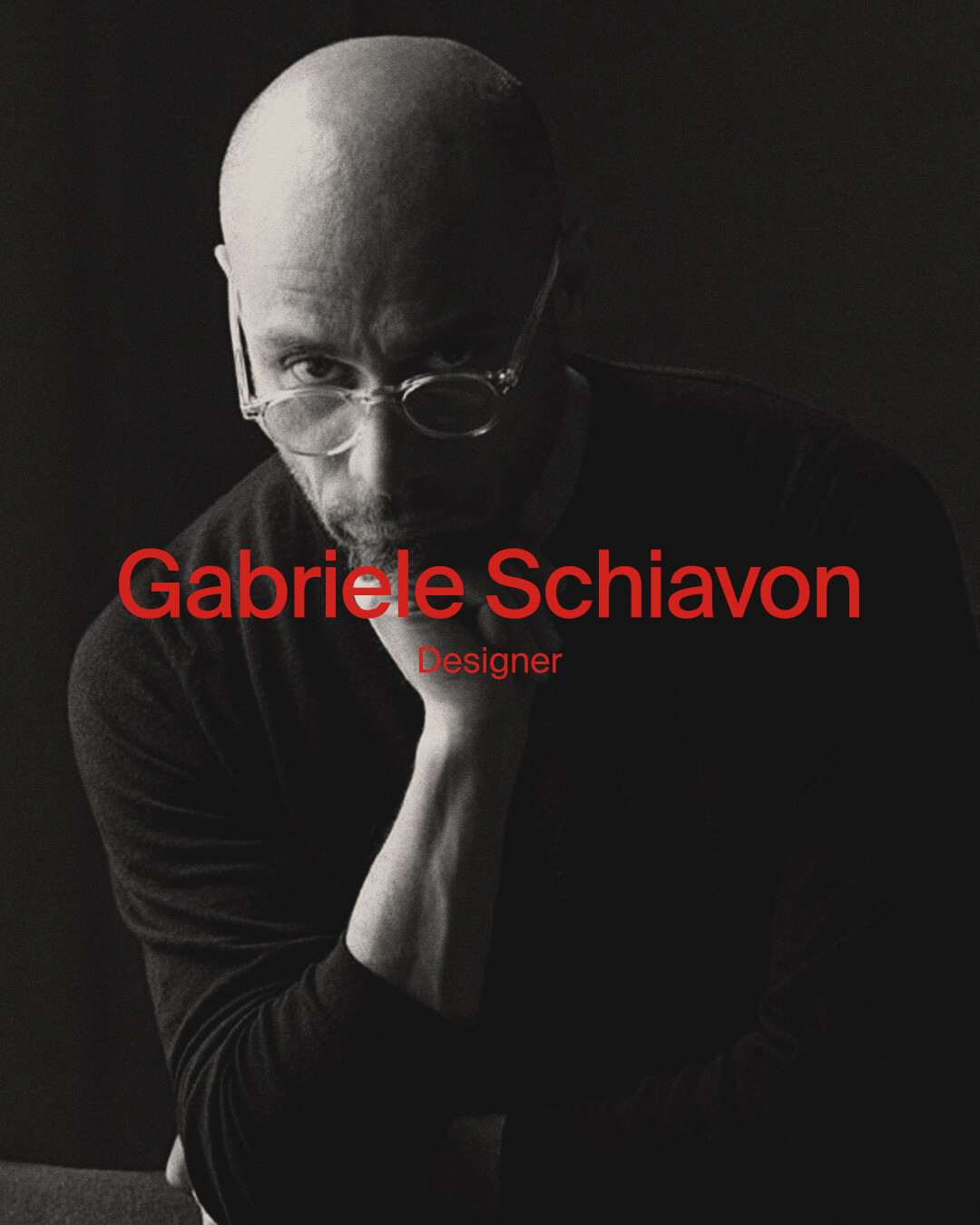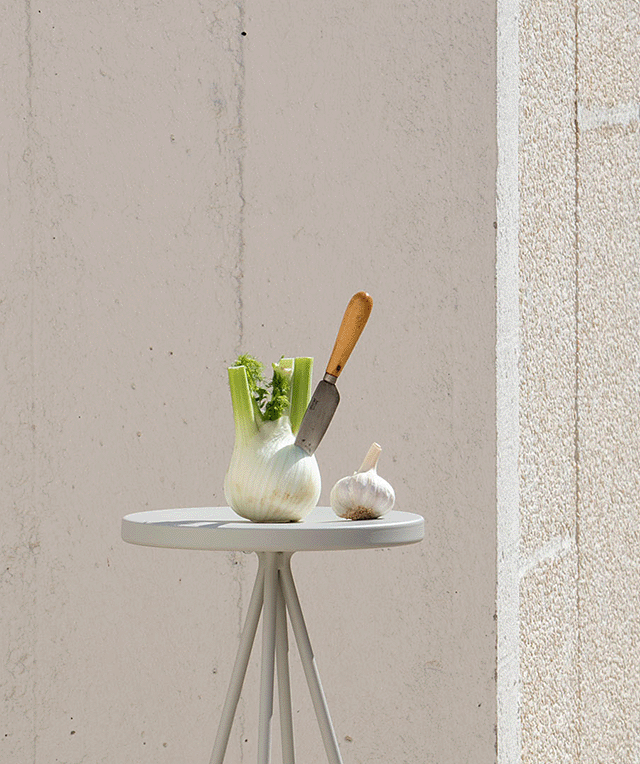André Ricard, invisible design
Mobles114 co-produces the documentary “André Ricard, el diseño invisible“, directed by filmmaker Poldo Pomés, with script by journalist Xavier Mas de Xaxàs. This 56-minute documentary depicts and goes over the life and work of one of the first Catalan product designers. A pioneer who has developed products from a humble standpoint to make our lives easier and more pleasant.
André Ricard (Barcelona, 1929) is considered, together with Miguel Milà, one of the founding fathers of Catalan design. From an early age he felt the need to analyze the form and function of objects around him. That early inclination led him to study at the Academy of Warnia Zaraszescka, a Polish artist from whom he acquired the teachings of Bauhaus, to visit the United Kingdom when the Festival of Britain was taking place, and to admire the work of Raymond Loewy.
Having design as his banner, Ricard worked to draw attention to and extol an occupation that was totally unknown in the Spain of the 50s. He also did so by drawing connections between national designers with their European and North American counterparts, as well as actively participating in the ADI-FAD (Association of Industrial Design) until it became the organization we know today.
Aesthetic beauty as a consequence of functionality
Since the beginning of his collaboration with the fragrance company Puig, where he used to design their perfume’s packaging, André Ricard has conceived some of the most recurrent designs of Spanish daily life, from the Norit detergent bottles to the Orion tongs, as well as the iconic Copenhaguen 1966 ashtrays or the Tong 1964, both reissued by Mobles114 and belonging to the “Classic Collection“.
By means of “André Ricard, el diseño invisible” and through his own words and those of people close to him such as clients, friends, former students or collaborators, we discover his way of working and conceiving design. Throughout this documentary, Ricard himself designs a container for serving and eating olives in which the pits remain hidden. “In every design problem you have to immediately put yourself in the user’s shoes,” Ricard recalls, making it clear that his vocation has been, is and always will be to make our lives easier and more beautiful.

